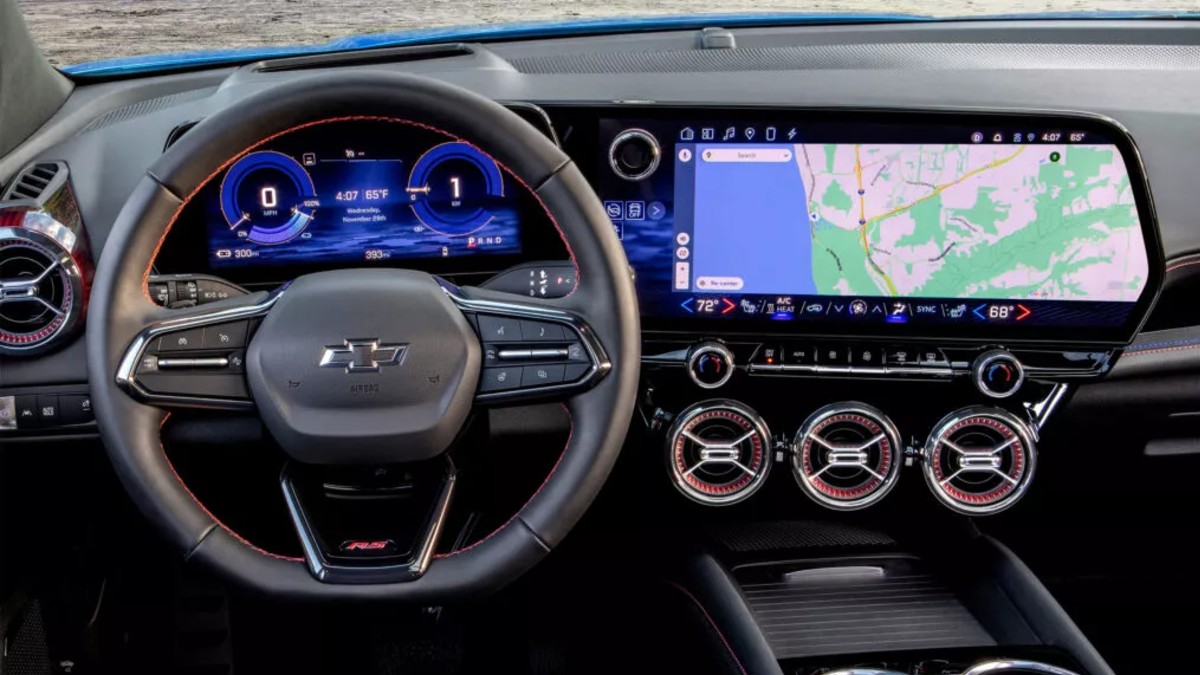United States. General Motors has blocked the installation of an aftermarket solution that allowed Apple CarPlay and Android Auto compatibility on its Ultium electric vehicle platform.
The move leaves owners with no alternatives after the company officially removed these features from its most recent models.
Since 2023, GM has made the decision to withdraw Android Auto and Apple CarPlay support from its new electric vehicles, betting instead on Ultifi, its own smartphone integration system. According to the automaker, this strategy would allow it to offer a more integrated experience with the vehicle and improve functions such as range and battery preconditioning.
However, the decision generated annoyance among consumers, who saw a key function disappear without a clear alternative. In response, White Automotive and Media Services (WAMS) developed an integration kit to bring back compatibility with these platforms.
GM prevents the installation of the workaround
WAMS' kit, which allowed for factory-like integration, was only available through one dealership: LaFontaine Chevrolet in Plymouth, Michigan. However, GM recently ordered a halt to the sale and installation of the product, as reported by The Drive.
In addition, the manufacturer of the kit removed it from its website, noting that it was no longer viable to continue marketing it. GM justified its decision by arguing that any unapproved modifications could lead to safety problems and void warranties.
"Aftermarket services that introduce features not designed, tested and approved by GM can cause unforeseen problems for customers. These issues could affect critical safety features and void parts of the vehicle's warranty," a company spokesperson said.
With the only aftermarket alternative blocked, GM EV owners are left with no options to get Apple CarPlay and Android Auto back.
The case highlights a growing concern in the industry: As cars become more reliant on software, manufacturers have greater control over the features available and may decide to remove or lock them behind a subscription system, even if the hardware is already present in the vehicle.
This trend has generated criticism in the industry, with users who consider that automakers seek to make the most of each function at the expense of the consumer. Meanwhile, owners of GM's new electric vehicles will have to settle for the brand's proprietary system, without the option of using the most popular mobile platforms on the market.















